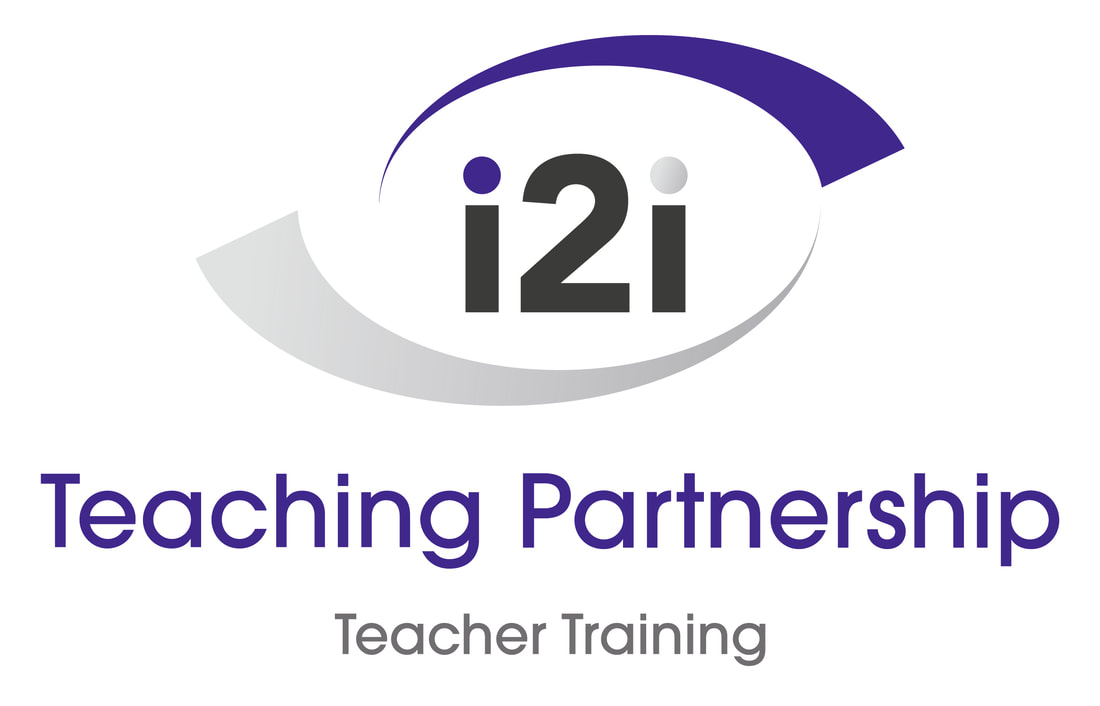Computer Science
At Ash Manor school we aim to equip our next generation to use computational thinking with creativity to understand our 21st century world. Computer Science has deep links with other subjects such as Mathematics, Design & Technology, and both physical and social sciences, and can provide a well-rounded education. Digital literacy is a key skill which allows students to engage in the modern world, safely using and expressing themselves, and developing their ideas.
Computer science and digital literacy are essential skills that our students will need to become active participating citizens in their world during their adult lives.
Please click here for the Computing Curriculum Overview
Key Stage 3 Curriculum information
In year 7 students will study modules related to:
Safe Online Collaboration
Office application software
Computer hardware
Programming and Development using visual programming languages
In year 8 students will study modules related to:
Data Representation
Networks
Databases
Programming and Development using textual programming languages
In year 9 students will study modules related to:
Office application software
Programming and Development using textual programming languages
Hardware and Processing
Key Stage 4 Curriculum information
Students can choose between GCSE Computing or WJEC Vocational IT
COMPUTER SCIENCE (EDEXCEL 1CP2)
This pathway is for students who wish to get a real in-depth understanding of how computer science works. This is an excellent preparation for students wishing to study computing at a higher level.
The world depends on computers. In this GCSE students will learn about how computers work, the networks they use and how programming can create solutions to everyday problems and future challenges.
Students will:
• Develop problem solving skills
• Learn through exploration
• Solve real-world problems
Assessment for this course is broken down as follows:
For the year 10's Edexcel (1CP1)
50% Final Exam Paper 1: 1CP2/01 Principles of Computer Science
50% Final Exam Paper 2: 1CP2/02 Application of Computational Thinking
WJEC VOCATIONAL ICT
This pathway is for students who want a more hands on approach to the different software we use every day in schools and society.
Throughout the 2 units students will explore the wide range of uses of hardware, application and specialist software in society Investigate how information technology is used in a range of contexts, including business and organisations, education and homes. Gain a working knowledge of databases, spreadsheets, automated documents and images .
Assessment for this course is broken into two parts:
40% final Exam paper - Unit 1
60% Controlled Assessment – 40 hour project Unit 2
CAREERS IN COMPUTING
Computer Science underpins so much of what we do in the world today but can lead to careers including specialist jobs like website development, software engineering and project management, gaming, programming specialist systems (e.g. financial companies), web development, software engineering, cryptography, database design and management.
Computer science and digital literacy are essential skills that our students will need to become active participating citizens in their world during their adult lives.
Please click here for the Computing Curriculum Overview
Key Stage 3 Curriculum information
In year 7 students will study modules related to:
Safe Online Collaboration
Office application software
Computer hardware
Programming and Development using visual programming languages
In year 8 students will study modules related to:
Data Representation
Networks
Databases
Programming and Development using textual programming languages
In year 9 students will study modules related to:
Office application software
Programming and Development using textual programming languages
Hardware and Processing
Key Stage 4 Curriculum information
Students can choose between GCSE Computing or WJEC Vocational IT
COMPUTER SCIENCE (EDEXCEL 1CP2)
This pathway is for students who wish to get a real in-depth understanding of how computer science works. This is an excellent preparation for students wishing to study computing at a higher level.
The world depends on computers. In this GCSE students will learn about how computers work, the networks they use and how programming can create solutions to everyday problems and future challenges.
Students will:
• Develop problem solving skills
• Learn through exploration
• Solve real-world problems
Assessment for this course is broken down as follows:
For the year 10's Edexcel (1CP1)
50% Final Exam Paper 1: 1CP2/01 Principles of Computer Science
50% Final Exam Paper 2: 1CP2/02 Application of Computational Thinking
WJEC VOCATIONAL ICT
This pathway is for students who want a more hands on approach to the different software we use every day in schools and society.
Throughout the 2 units students will explore the wide range of uses of hardware, application and specialist software in society Investigate how information technology is used in a range of contexts, including business and organisations, education and homes. Gain a working knowledge of databases, spreadsheets, automated documents and images .
Assessment for this course is broken into two parts:
40% final Exam paper - Unit 1
60% Controlled Assessment – 40 hour project Unit 2
CAREERS IN COMPUTING
Computer Science underpins so much of what we do in the world today but can lead to careers including specialist jobs like website development, software engineering and project management, gaming, programming specialist systems (e.g. financial companies), web development, software engineering, cryptography, database design and management.












